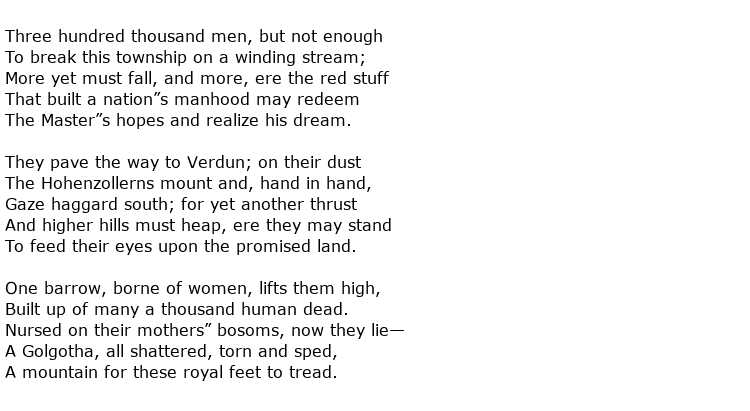 Eden Phillpotts was an English poet and playwright who originated from colonial India in the 19th century.
Eden Phillpotts was an English poet and playwright who originated from colonial India in the 19th century.
He was born on the 4th November 1862 in the British ruled town of Mount Abu. His parents sent him to be educated in England and he went to school in Plymouth, Devon. He may have had early literary aspirations but he chose to go into the insurance business for a number of years before learning stage-craft and taking up full time writing.
He had remained in the west country and found a talent for writing poems and novels featuring the wild landscapes of Dartmoor. Other authors have become associated with different parts of the country, examples being Beatrix Potter (The Lake District), the Bronte sisters (the West Yorkshire towns and moors) and Thomas Hardy (Dorset). Phillpotts wrote a series of novels about north Devon which ran to some eighteen titles, with two volumes of short stories to add to this popular collection of books. They are still popular today despite the fact that some are now out of print. During the 1920s he collaborated with his daughter, Adelaide Phillpotts, on two plays. The Farmer’s Wife was written in 1924 and Yellow Sands came out two years later.
Besides being popular with his readers, Phillpotts had admirers in the literary world such as Jorge Luis Borges who declared that he was one of his favourite authors. Even more famous was a regular visitor to the Phillpott home – the renowned novelist Agatha Christie, who lived close by in Torquay.
He lived in the Dartmoor area for most of his life and was elected President of the Dartmoor Preservation Association for many years. Besides writing about the wild moors he cared passionately about their well-being and continued existence. At a time when many had strong religious beliefs he was a declared agnostic.
His co-written play The Farmer’s Wife was a continuation of a novel that he had previously written called Widecombe Fair, set in the village of Widecombe-in-the-Moor. Others have taken the story and written folk songs based on this annual event. The famous Hollywood director made a silent film of it in 1927. Phillpotts was a keen observer of life and industry on Dartmoor and wrote stories such as Brunel”s Tower (about a pottery) and Storm in a Teacup (featuring hand-papermaking).
In contrast to these, sometimes whimsical, stories of the world in which he lived he also indulged in spooky, ghostly stories such as an account of a haunted room in a large manor house called The Grey Room. He usually produced work of this genre using a pseudonym – Harrington Hext. As he got towards the end of his long writing life he even indulged in science fiction and fantasy stories such as Saurus, which featured an extra-terrestrial being observing humans going about their daily life.
Of course, like many poets who lived during the early part of the 20th century, Phillpotts wrote of the so-called “Great War” and here is an extract from a poignant piece called Verdun:

Critics have been generally kind to Phillpotts, praising especially his attention to detail regarding the customs and dialects of his home region, bringing to life the trials and tribulations of rural Devon life for readers who would never venture that far south in their lifetimes. The fact that his output was in excess of a hundred titles tells the story and, of course, the fact that he had such a long life helped.
Eden Phillpotts died on the 29th December 1960 in Broadclyst, Devon. He had reached the grand old age of 98.

